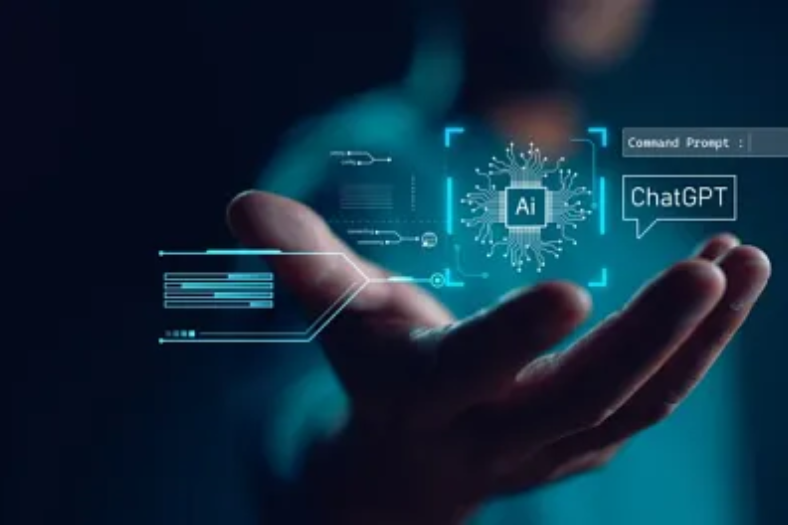In the dynamic landscape of modern healthcare, one picture emerges crystal clear: the indomitable rise of artificial intelligence (AI). From predicting patient outcomes and automating administrative tasks to personalized treatment protocols and early disease detection, AI is swiftly becoming a cornerstone of medical advancement. But a cornerstone needs a foundation, and that foundation is education. This leads us to an imperative call-to-action: the democratization of AI education and training for all healthcare workers and patients.
Democratizing AI education isn’t just about universal access; it’s about leveling the playing field. When everyone in the healthcare sector has a basic understanding of AI, collaboration becomes seamless, innovation becomes organic, and patient care becomes harmonized. Language barriers can impair effective healthcare delivery. Similarly, if a segment of healthcare workers remains AI-illiterate, it creates an informational disconnect. AI literacy will soon become the new lingua franca – the common language enabling cohesive patient care.
Patients today are not mere recipients of care. They are active participants in their health journeys. With AI-powered apps, wearables, and diagnostic tools becoming commonplace, patients need a foundational understanding of what AI is and how it shapes their care. This knowledge empowers them to make informed decisions, ask pertinent questions, and be proactive partners in their healthcare.
For doctors and nurses, the stakes are even higher. While their clinical expertise remains paramount, an understanding of AI allows them to augment their judgments, validate their decisions, and enhance patient outcomes. A clinician who’s AI-literate can harness technology while safeguarding against its limitations.
Tech specialists in healthcare are the vital bridges between medical professionals and AI advancements. They not only need to understand AI’s intricate workings but also its practical applications in healthcare. When tech experts are grounded in the real-world challenges and nuances of patient care, they can innovate, troubleshoot, and guide with greater efficacy. A comprehensive understanding of AI can help in risk mitigation. Healthcare workers familiar with AI’s nuances are better equipped to identify potential system errors or data inaccuracies, ensuring patient safety and care quality.
Universal health AI literacy isn’t just about individual empowerment; it’s about collective progression. When everyone in the healthcare continuum – from the patient receiving care to the tech expert coding an algorithm – has a shared understanding of AI, the entire sector becomes more synchronized, efficient, and impactful.
The journey to democratize AI education should be rooted in inclusivity. It’s about curated training modules for different roles, interactive workshops, and continuous learning pathways. It’s not enough for AI to be in our systems; it needs to be in our understanding, our conversations, and our collective vision for a technologically-augmented healthcare future.
The dawn of AI in healthcare is not on the horizon; it’s here. As we bask in its transformative glow, we must rally together to ensure its light touches every corner, illuminates every doubt, and empowers every individual. When everyone in the healthcare continuum – from the patient receiving care to the tech expert coding an algorithm – has a shared understanding of AI, the entire sector becomes more synchronized, efficient, and impactful. This is our clarion call for universal health AI literacy. Let’s ensure that in this AI-augmented healthcare era, no one is left in the shadows.



0 Comments